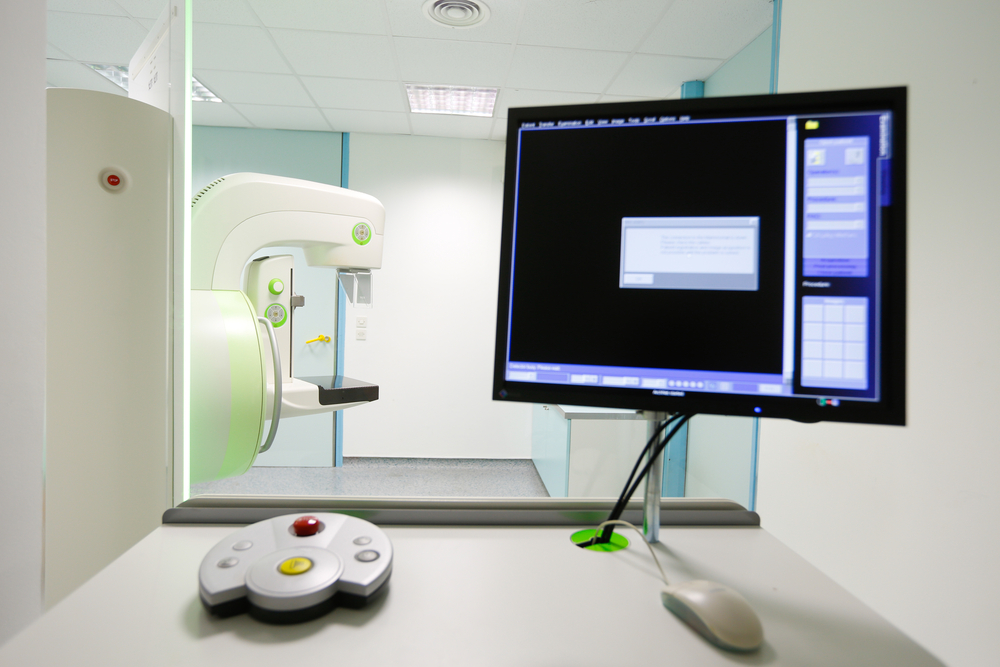 Royal Philips recently announced a collaboration with the University of California to explore how spectral breast imaging can improve the measurement of breast density, potentially aiding clinicians with a better assessment of breast cancer risks.
Royal Philips recently announced a collaboration with the University of California to explore how spectral breast imaging can improve the measurement of breast density, potentially aiding clinicians with a better assessment of breast cancer risks.
In the study, the researchers will use Royal Philips’ spectral mammography platform called MicroDose SI. The technology was designed to address the issue of lower diagnostic accuracy of mammography for high-density breasts, and is potentially able to improve the quality of imaging for low dose diagnostics.
Evidence shows that high dense breasts are at increased risk for cancer, with estimates showing that these women have a 75% increased risk of developing breast cancer when compared to women with less dense tissue. Mammography is also less accurate in detecting breast cancer in breasts with a higher density. With the use of improved technology, clinicians should be able to personalize screenings and treatments of breast cancer.
Royal Philips MicroDose SI innovated spectral imaging by adding a new feature named Spectral Breast Density Measurement. The tool utilizes photon counting technology to acquire spectral data of the adipose and of fibroglandular tissue in a single exposure of a low dose mammogram, providing an accurate measurement of volumetric breast density. This approach can potentially pave the way for a refined risk evaluation and adapted care.
[adrotate group=”3″]
A total of 40 post-mortem breasts will be examined with the technology in comparison to chemical analysis in the first study phase. The researchers are aiming to complete the study over a one- to two-year-long period.
“Through this study, UC Irvine and Philips are looking to set an industry standard for objectively measuring breast density. While this doesn’t exist today, it will be increasingly critical as we move toward further personalizing breast cancer screening, and enabling patients to become more engaged in their own care,” said Gene Saragnese, CEO Imaging, Philips. “With the combination of our MicroDose SI technology and leading imaging experts at UC Irvine, we can determine if spectral breast imaging can help provide more definitive diagnoses, at low radiation dose, to better help patients and clinicians in the fight against breast cancer.”
“One of the biggest challenges for us has been the lack of quantitative standards, which makes it very difficult to prove the accuracy of breast density measurements,” said Sabee Molloi, Ph.D., professor of radiological sciences at the University of California, Irvine School of Medicine and the study’s lead researcher. “Leveraging Philips’ spectral imaging technology, this study will help us validate breast density measurements and set industry standards, which can help enhance the quality of diagnoses and treatment.”

